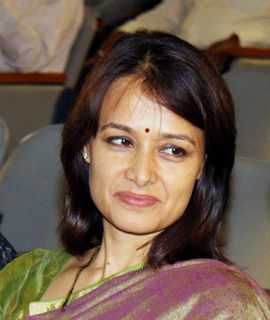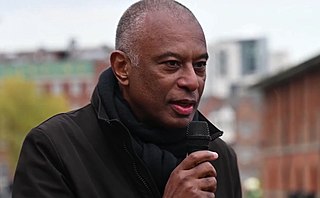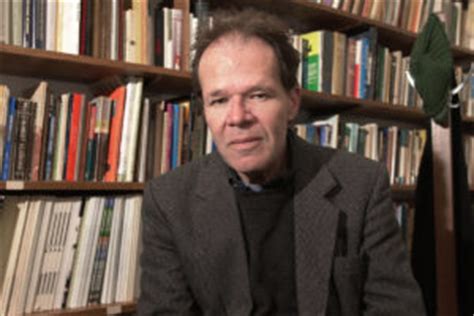A Quote by Sue Monk Kidd
I want my words to open a portal through which the reader may leave the self, migrate to some other human sky and return 'disposed' to otherness.
Related Quotes
A "portal" is an opening (door, window, or opening). A heavenly portal or a glory portal is a heavenly opening through which God's goodness manifests. I have seen a portal in a vision and it was a circular opening where a column of light poured down into the earth. There were angels ascending and descending.
Birds and animals in the wild migrate every year to safer and nurturing pastures, leaving behind the old environment. After nurturing their young ones, they return to thrive in the old environs. I use that analogy to meditate. You migrate to your inner soul, nurture the strength, light and creativity there, and return.
Before one goes through the gate one may not be aware there is a gate One may think there is a gate to go through and look a long time for it without finding it One may find it and it may not open If it opens one may be through it As one goes through it one sees that the gate one went through was the self that went through it no one went through a gate there was no gate to go through no one ever found a gate no one ever realized there was never a gate
In my couple of books, including Going Clear, the book about Scientology, I thought it seemed appropriate at the end of the book to help the reader frame things. Because we've gone through the history, and there's likely conflictual feelings in the reader's mind. The reader may not agree with me, but I don't try to influence the reader's judgment. I know everybody who picks this book up already has a decided opinion. But my goal is to open the reader's mind a little bit to alternative narratives.
When I use a name or place, I want to leave the reader open to the waterfall of determinacy that it may provoke. And I don't know, but I must mention the name Borges. I try to mention it in every one of my works. It's a mark, a stamp, a sort of homage to Argentinidad. But it's an homage that works through pat phrases, those stock images that populate his work: the night, labyrinths, libraries. That is, I don't want simply to pay homage to Borges, but rather the contrary: to recall his commonplaces.
Art is a window to The Infinite, and opening to the goddess, a portal through which you and I, with the help of the artist, may discover depths and heights of our soul undreamed of by the vulgar world. Art is the eye of the spirit, through which the sublime can reach down to us, and we up to it, and be transformed, transfigured in the process.






































